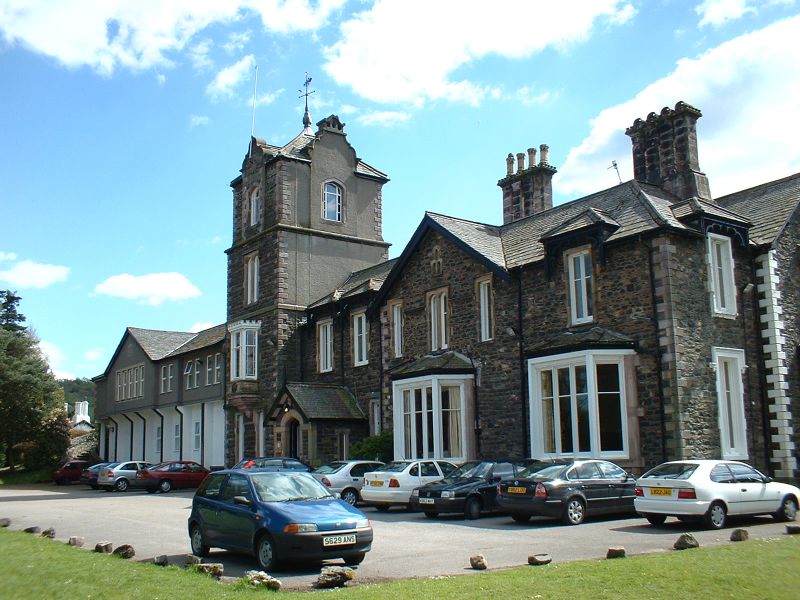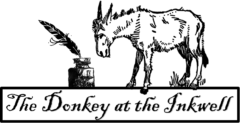In today’s episode, I sit down with Ruth Baker, a new friend from Lancaster, England–all the way across the internet (and the Atlantic Ocean). Ruth is a writer, part-time lay chaplain at Lancaster University, and an admin worker for Aid to the Church in Need. I ask her, “How Did You Get Here?”

In the show notes for Episode 11, I included a link to an article about St. Therese and encouraged readers to petition its author to be on my show:
Here is a great blog post on the subject: I Didn’t Like St. Therese of Lisieux… Until I Learned These 8 Little Known Facts About Her. Tell the author of that post I sent you. I want her to be on the podcast. Here’s a bonus post from her that is just lovely: A Love Story In The Time Of Quarantine.
It worked! Today’s guest is Ruth Baker (soon to be Ruth Kennedy) and she was a delight to interview. Before the interview I got this text from my wife, who knows how much I like English culture and how excited I was to interview Ruth:

When I insisted that being overwhelmingly excited was part of my charm, she made it clear that I was incorrect: “No. It is not.”
Who has a better wife than I do? No one, that’s who.
Meanwhile, you can find Ruth on the internet at Catholic-Link.org or at her new blog / lockdown project about the beauty of English Catholicism, Lingering Echoes.
Note: Links to books theoretically earn me money at Amazon. I’m still waiting for this to happen.
Show Notes (more or less in order of appearance)
- Hope, Not Stoicism is the Christian’s Response A thoughtful piece on the difference between Christian hope and mere stoicism.
- The Father Brown series starring Kenneth More (I said “Baker” on the podcast) is closer to Chesterton’s stories. More is a delight. So is Kenny Baker, but in different things. [Aside: Ruth, any relation? You’re from the same Shire county.]
- For references / links to Brideshead Revisited, see Episode 6 Show Notes. Evelyn Waugh also wrote a book on Edmund Campion, which was also very good, and based on the prices on Amazon, apparently written on diamonds using gold ink. Campion’s Brag is bad-ass.

- God, like Genie in the clip below, goes more than halfway to save us.
- Keswick, Cumbria. Some people believe the name of this town means “farm where cheese is made,” which is a perfect segue into this:
Poets have been mysteriously silent on the subject of cheese.
“Cheese” by G. K. Chesterton, published in Alarms and Discursions (1910)

- Lampeter University, where Ruth studied Creative Writing.
The Welsh Blues
- Longing for Narnia, Yearning for the Good
- The poem Ruth mentioned was “Barbed Wire.”
- I mentioned a song called “Let Them In.” That link includes this (evidently erroneous) backstory on the song:
Let Them In was made into song by John Gorka from a poem found in a hospital in the Philippines during World War II. The nurse that found the poem kept it all these years until the recent war brought out all the memorabilia. Luckily, her daughter sent a copy to John. - The truth is–and I just learned this today–that the original poem was a sonnet penned by a woman named Elma Dean. The poem was read into the Congressional Record of the Senate on June 12, 1944.
- Here is the cover version of Gorka’s song by David Wilcox that I like. Loads of hiraeth in this song.
- The two poems by John Milton were L’allegro and Il Pensoroso.
The Usual Links
- RCIA at St. Thomas the Apostle: http://staphx.org/becomingcatholic
- Leave us a message here. Or email me rdrapeau at gmail . com
- Subscribe, like, rate, etc.!
- Pray for Us!
- Stay Healthy!
Special Thanks:
- To COVID-19, for making this interview possible.
- To Ruth Baker for coming on the show (and not writing me off as a cyber-stalker).
- To the English Jesuits, St. John Fisher, and St. Thomas More who gave all to preserve the Faith of Our Fathers in theLand of Our Mother Tongue.
- To BPD for producing the show. How are we ever going to top this?

